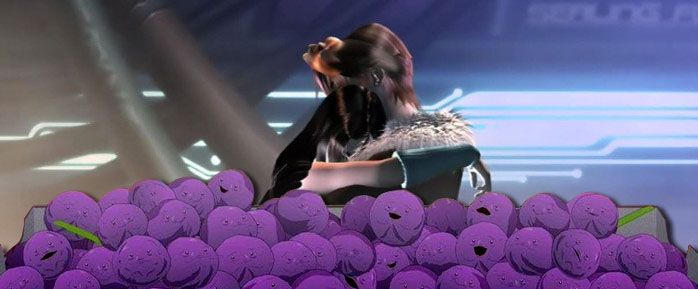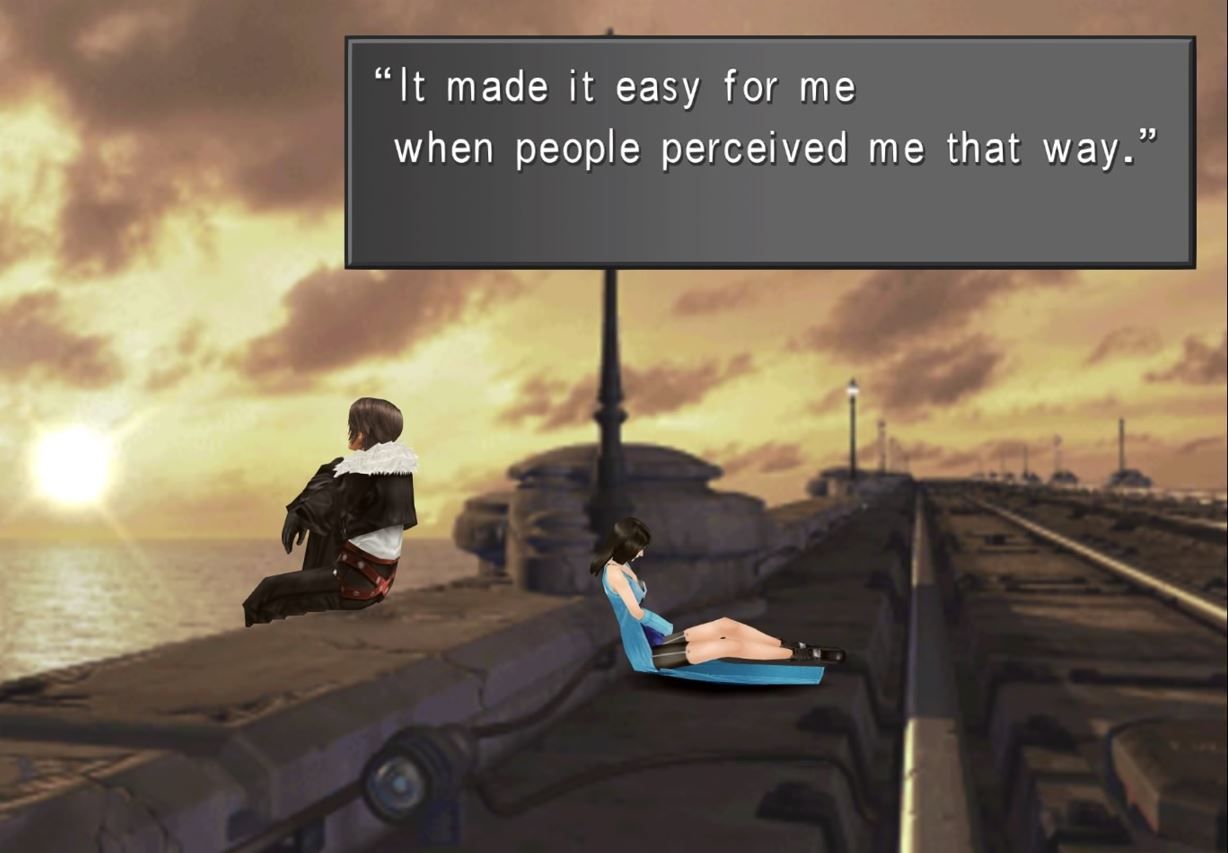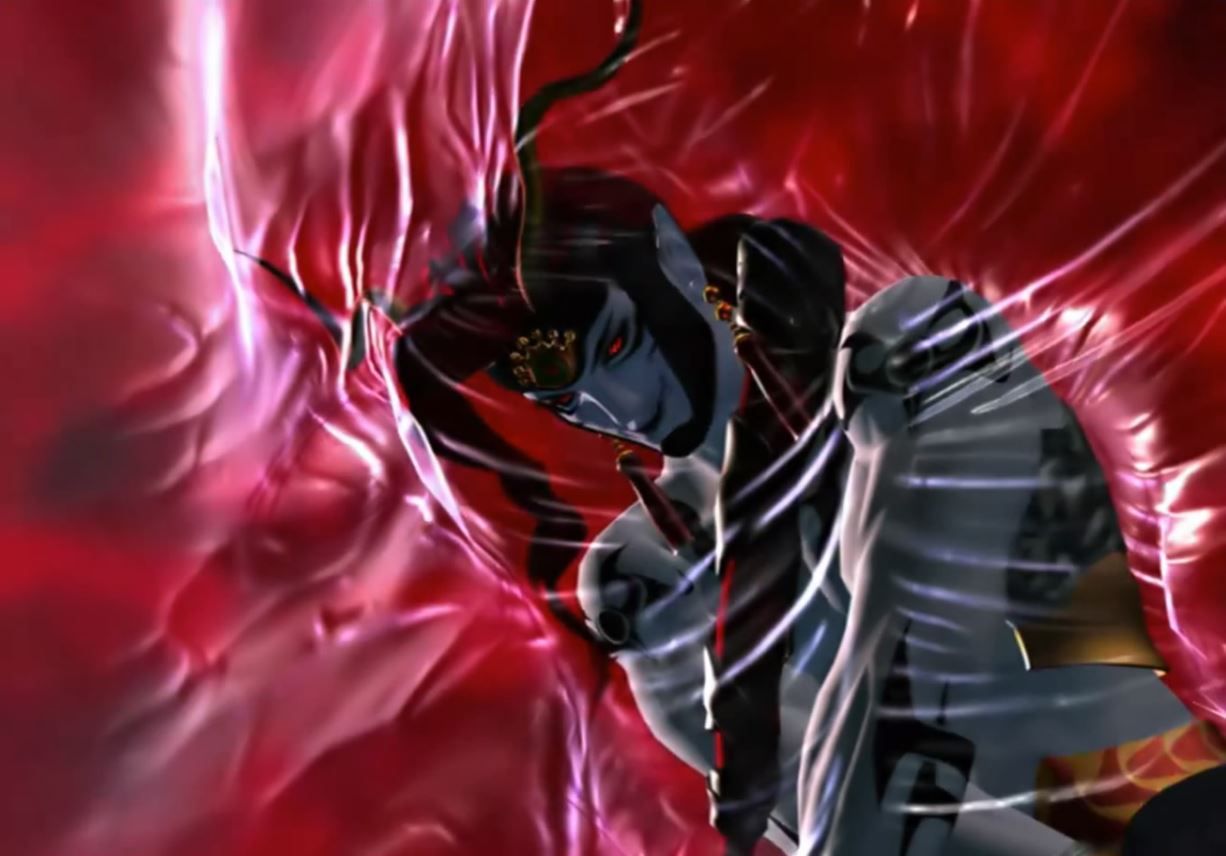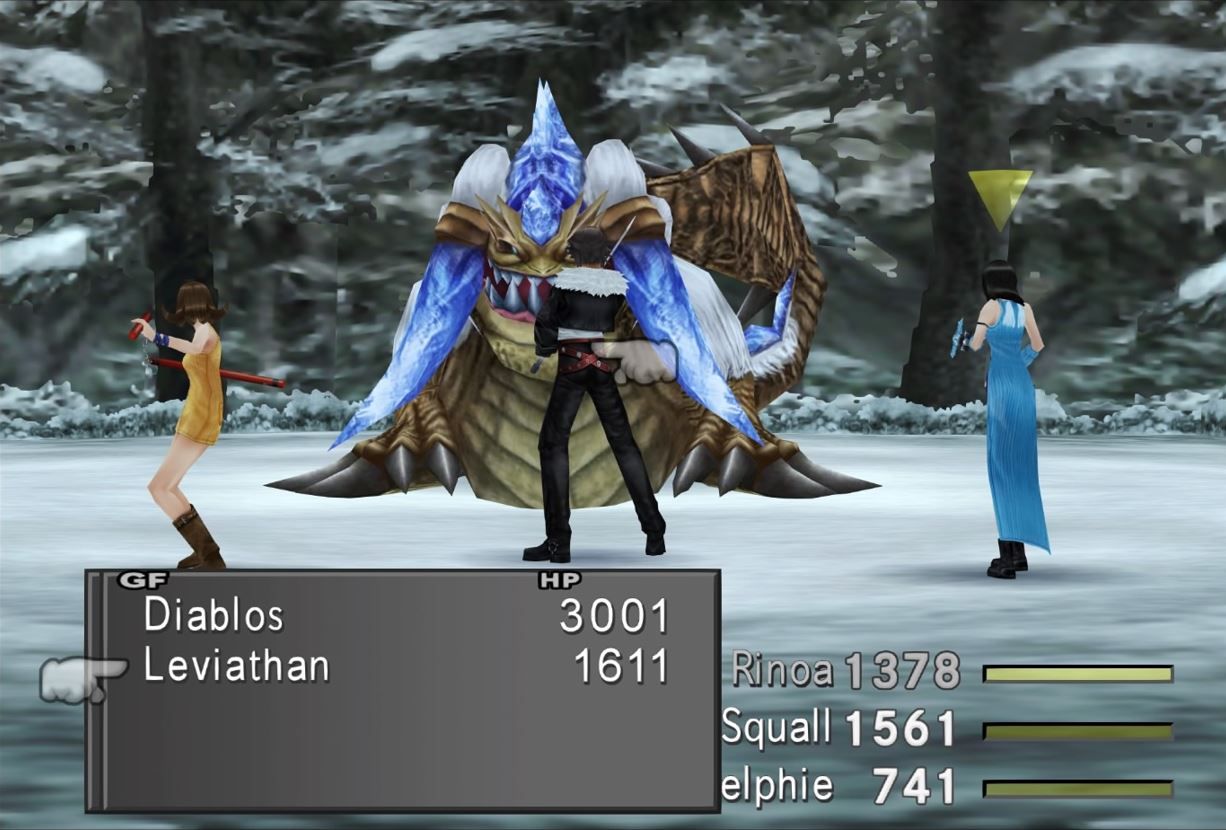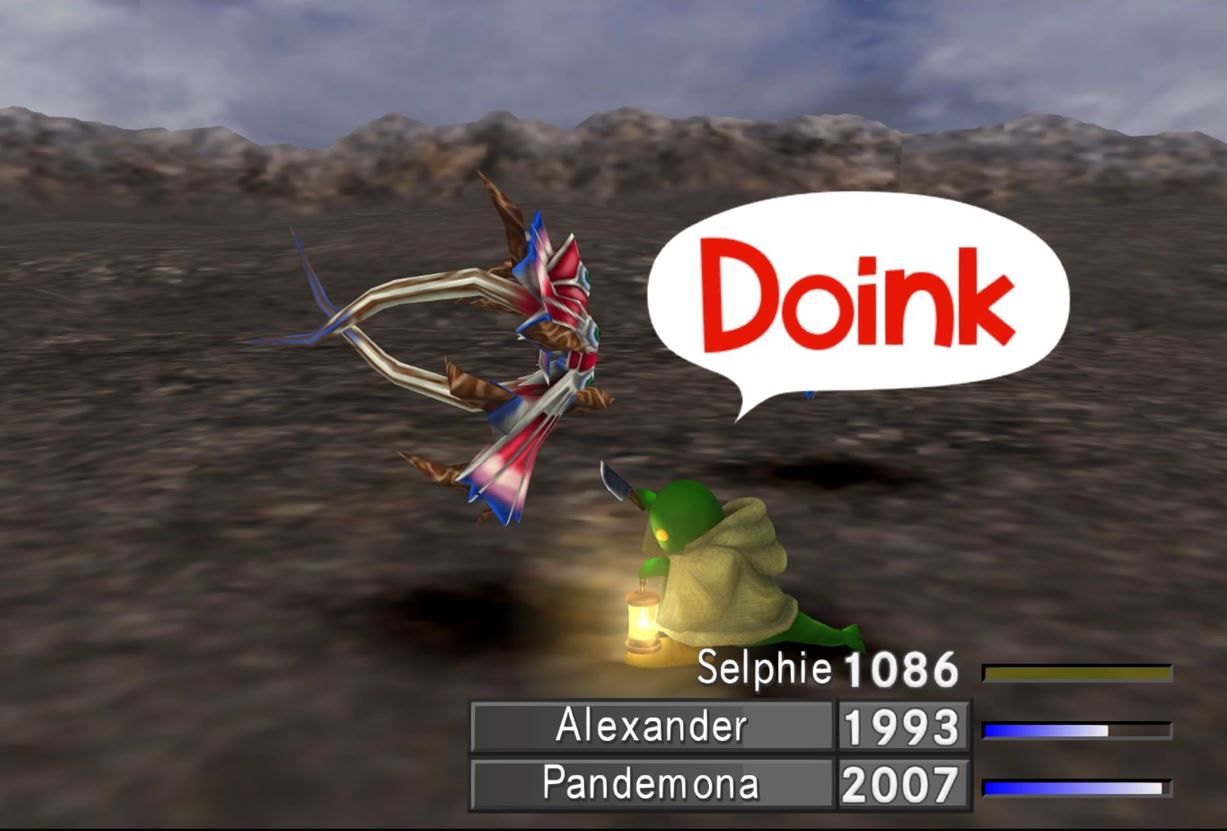Member the games you used to play? We member. The basement at the Hardcore Gamer office has a section known as the Crust Room, with an old grey couch and a big old CRT TV. All the classic systems are down there collecting dust, so in an effort to improve the cleanliness of our work space, we dust off these old consoles every so often and put an old game through its paces, just to make sure everything stays in working order. We even have a beige computer with a floppy disk drive.
It's no secret within the fan community that Final Fantasy has become a divisive series. There's no general consensus over which entry is the best, in fact just the other day myself and a fellow writer were debating whether VI or X is the superior game (and the other writer couldn't admit that they were mistaken). But even without a general clear winner, some entries are generally accepted among the fanbase as being better Final Fantasy titles while others have a much greater disparity. Final Fantasy VIII fits into the latter category. It has many fans that will die on the hill that is among the greatest Final Fantasies and is just misunderstood while others would consider it the franchise's biggest misstep that doesn't feature Lightning.
Final Fantasy VIII had the distinction of being the first Final Fantasy to have high expectations from the general gaming population and not just the weirdo niche RPG fans. Final Fantasy VII had caused a massive popularity increase in not only the series but RPGs in general and the success showed in the increased production values between the two games. The difference in graphics was night and day, gone were the cubist 3D models as character models with realistic proportions had stepped in to take their place. Going beyond the change in character anatomy there was a much greater attention to detail in clothing textures and hairstyles. Even the size of the game had increased from a measly three CDs to a whopping four CD set.
One of reasons why Final Fantasy is such a beloved franchise is how amazing some of their stories are. Final Fantasy VIII's story doesn't hit the highs of other games in the series, but still lives up to their reputation. The antagonist being a witch who compresses time was a twist no one probably saw coming, but even with the story being overall good, there were a few odd choices that could have been better. The budding romance between Squall and Rinoa seemed like it happened because they wanted it to be a love story, but it would have felt less shoehorned if it was fleshed out and allowed to develop more naturally throughout the series instead of Squall ignoring all hints until he decides he has to be with her when they return from outer space. The heroes minus Rinoa discovering they've all lost their memories but grew up together at an orphanage seemed hard to swallow, especially since it felt like it wanted to be an echo of the Cloud/Zack amnesia bit from its predecessor. On the other hand, looking back at Laguna and company and wondering how they relate to the main party was an unexpected twist when the game was played for first time.
Squall was an interesting choice for main protagonist since he wasn't exactly the most likeable lead to ever grace a JRPG. Apathetic and dismissive of his teammates in most interactions, he was the pixelated embodiment of teen angst. He does gradually become less insufferable as the story progresses when he starts listening to voice of reason from his teammates. One of the better ways his character development was handled by letting players into his internal monologue. Squall becomes a more sympathetic character when he reveals parts of his childhood and abandonment issues, showing his fierce independence and insistence on doing everything himself is a defense mechanism from being hurt from broken attachments. At the beginning of the game his catchphrase of "whatever" would result in eye rolling, but by the end of disc four he's viewed as a damaged individual whose inapproachability was his armor.
One Final Fantasy's biggest strengths and weaknesses is its willingness to throw caution to the wind and experiment with its core mechanics with each entry. Sometimes the results of this approach leave something to be desired, but it has also resulted in some of the greatest games ever made. Final Fantasy VIII tried to make changes to powering up characters and magic use and the results were a mixed bag. The Junction system is often maligned by series fans when discussing this particular entry, and while there are aspects of it that were terrible, as a whole it was actually an interesting approach to character building even if the execution faltered in areas.
Summoned monsters have gone by many names in Final Fantasy games, Espers, Eidolons and so on. In Final Fantasy VIII they were called Guardian Forces and were tied into the Junction system. Equipped Guardian Forces would learn different abilities and buffs that could be equipped to characters. Ifrit, for example, could learn abilities that increase a character's strength which is useful for the designated attackers. Equipping the Ifrit Guardian Force on Squall and adding Strength +1 at each level and Strength plus 40 percent could significantly increase his damage output. This could be further augmented by junctioning the stock of fire magic to his strength attribute. Different types of spells had different benefits so experimenting with linking spells to different stats could make the player ridiculously powerful. The Junction system could add elemental affinities to attacks or provide near immunity to certain elemental attacks, or more general augmentations could be used by having it increase the Vit stat or hit points. This portion of the Junction system was a fun way to attempt to overpower the characters.
Where this system falls short is when the Draw command comes into play. In Final Fantasy VIII there's no MP and spells are treated like single-use items. Spells are acquired from drawing them from enemies in battle or by finding random draw points. This is where the Junction system starts to get bogged down. For one having to draw spells from enemies nearly every battle gets tedious fast, especially since some spells are rare so the player would be wise to stock up with multiple draws and most enemies carry a few different spells. Now that the spells are acquired each character can only equip 32 different types of spells so sometimes the player can find themselves in a battle with a rare and powerful spell but no inventory room to draw. What makes this system worse if the stat bonus that comes from junctioned spells increases based on the number of that spell in possession, so if someone is enjoying the high-stat bonuses, they have they may be hesitant to actually use their spells. Having to manage all the magic stocks can be a pain, but thankfully they included the option to do a quick Junction swap with the numerous forced party member changes.
Magic wasn't the only traditional aspect that was thrown to the wind. New weapons aren't purchased like they were in just about every other Final Fantasy. Instead new schematics are unlocked by reading their equivalent of Guns and Ammo magazine and the required parts are taken to shops to purchase upgrades. Gold isn't earned through the conventional means either. Squall is paid a salary given at set intervals that varies depending on his SeeD rank. One of the less-popular changes is that enemies scale to player level, which on one hand eliminates the need for grinding but also means if a player is stuck they can't rely on grinding to get strong enough to surpass their obstacle. The Junction system actually helps address this concern since with properly leveled Guardian Forces and spell stockpiles the player can junction their way past powerful enemies.
Final Fantasy VIII is available in its original format on PlayStation 1 and PC, but if someone were to play it today, Final Fantasy VIII Remastered would be the recommended format, though purists may cry foul on that. Aside from the graphics being vastly improved on modern displays, there are a few quality-of-life improvements. Turning on the option to have unlimited limit breaks and max HP does take the fun out of things, but it's an option for those that don't care about the gameplay and just want to experience the story. The more practical quality-of-life improvements are the triple speed option and turning off random encounters. Those options can be used to exploit certain quests and remove the challenge from, such as the time limit quest of getting Odin in the Centura Ruins. Turning off random encounters and speeding up the clock doesn't make the Obel Lake side quests any easier, but does make them less time consuming.
Final Fantasy VIII remains one of the most divisive entries in the series. The story is strong enough even with a few missteps that prevent it from being a top tier Final Fantasy game. The same can be said for the game mechanics and battle system where there are some good ideas that work great, but others that take away enjoyment from the game. The soundtrack features pieces of music that are simply amazing, particularly during the final battle with Ultimecia which is an incredible final boss in her own right. Even though there are many aspects that prevent this from being one of the best entries in the series, it's still good enough where RPG fans should give it at least one playthrough and doesn't deserve a lot of the hate it gets.
Want to Member some more old games we love? You can see all our Members here.

